Get Involved, Unite Families
FamilySearch’s online volunteer tool, Get Involved, is bringing families together by making searchability easier and records more accessible.
June 2022
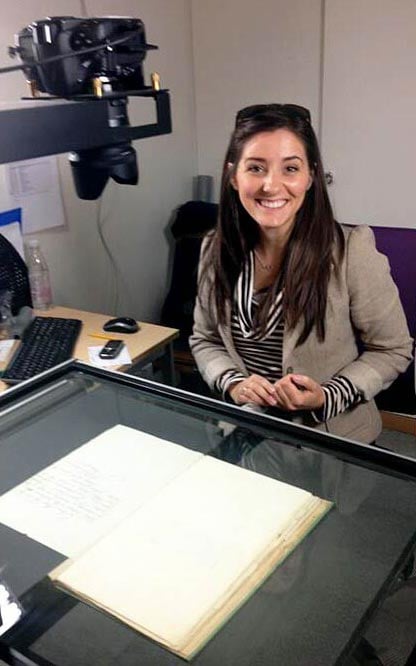
One of 15 FamilySearch content strategists, Whitney Peterson is a mastermind at locating, classifying, and recommending records, no matter where they may be or in what condition they are found. Whether they are scraps of paper or faded parchment or include scribbled handwriting, Whitney knows the importance of transferring these documents into FamilySearch and the power that can come when someone discovers a piece of their own family history because of them.
Records are often tucked away in government archives, church archives, and even people’s homes. Today, robust electronic collections make much of this information available from anywhere, but there are always more records to add and more families to bring together.
“I’ve researched in some of the largest, most advanced archives; in small, humble offices where records even from the 1970s are deteriorating for lack of archival preservation; and even in some countries where the only records we could view were those that belonged to individuals,” Whitney says.
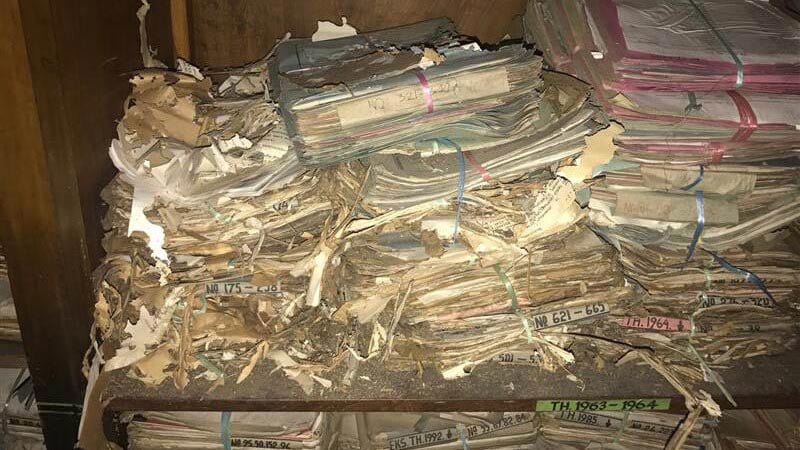
Once she has found a document, it is digitized, indexed, and added to FamilySearch’s online record database, becoming a valuable tool for genealogy researchers and anyone seeking more knowledge about their family.
“I definitely was placed where I belong. I want to preserve the records of as many [people] as possible.”
- Whitney Peterson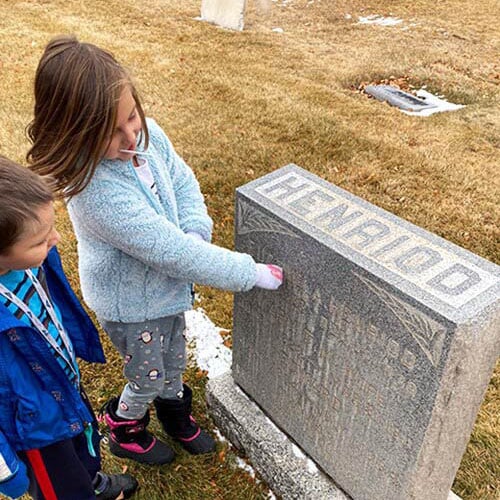
Whitney has seen firsthand how the influence of family records can soften hearts, help people discover who they are, and become a source of healing and a way toward reconciliation. She once witnessed this power as she helped a volunteer assigned to record collecting. The volunteer was initially uninterested in finding any connections for one side of her family because of a challenging relationship with her father. After discussing the importance of finding and connecting family members, Whitney and the volunteer found documents about that side of the family. Whitney recalls, “I think some family healing occurred for both of us.”
Stories like this one are common when family history work takes place, and Whitney finds fulfillment through them. Her work has also had an impact on her family as she has shared stories about her ancestors with her nieces and nephews by taking them to cemeteries and other places that are important to her family heritage.
Through the efforts of employees like Whitney and the thousands of volunteers who help with records, more and more people around the world are discovering the blessings of knowing who they are, finding answers to family history questions, and connecting with those who have gone before.
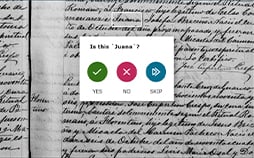
FamilySearch’s online volunteer tool, Get Involved, is bringing families together by making searchability easier and records more accessible.
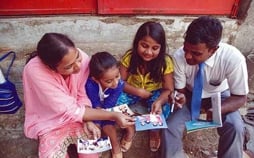
A FamilySearch International team of employees were afraid to enter an African village that doesn’t allow anyone to enter that is not a member of their cult.
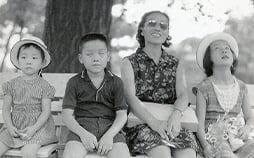
As a user experience designer at FamilySearch, Christine Chiang works on the cutting edge of expanding Chinese genealogical research. And with over 13 million digital images from mainland China, including more than 65,000 images of jiapu—Chinese genealogical records maintained by ancestral clans—Christine has her work cut out for her.